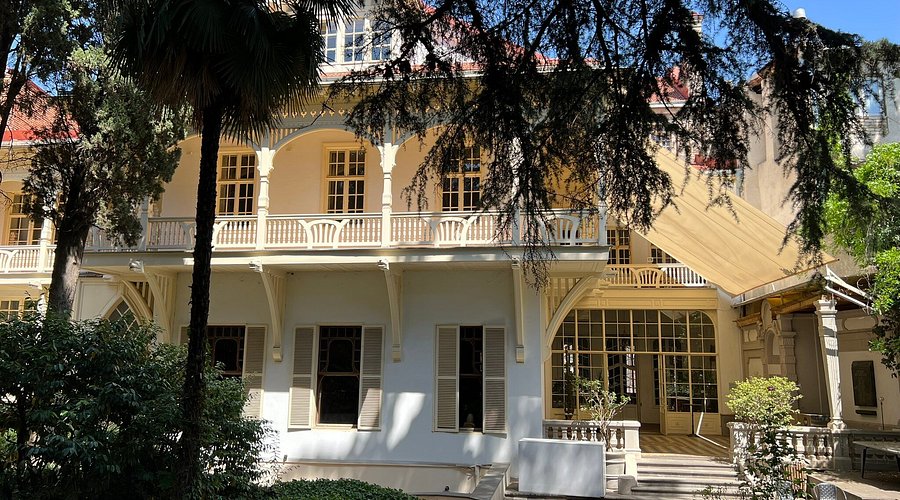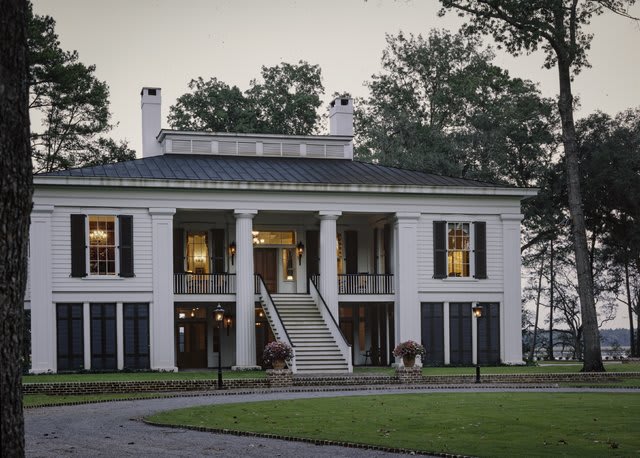
Explore top options for property in batumi and learn how to choose neighborhoods, understand legal steps, and estimate returns.
Batumi, a coastal city on the Black Sea and the capital of Georgia’s Adjara region, has become one of the most dynamic real estate markets in the South Caucasus. Once a quiet seaside resort, Batumi has transformed into a modern hub with contemporary architecture, restored historic districts, a growing tourism industry and an expanding service sector. For investors, second-home buyers and those seeking relocation, Batumi offers a blend of lifestyle appeal, relatively affordable prices and attractive rental demand. Understanding the market structure and practical considerations will help you make informed decisions.
Market overview: Over the past decade, Batumi’s property market has been driven by tourism growth, foreign interest and government investment in infrastructure. New high-rise residential towers, mixed-use developments and boutique hotels line the seafront, while the old town and quieter residential areas provide more traditional and low-rise options. Prices vary widely by location, building quality and sea view. Prime beachfront apartments command premiums, while inner-city and developing neighborhoods offer more competitive entry points. Market liquidity is moderate; sought-after units and well-priced properties can sell quickly during peak seasons.
Neighborhoods and lifestyle: Choosing the right neighborhood depends on your goals. The Batumi Boulevard and Old Boulevard areas are ideal for buyers who prioritize seaside living, promenades and proximity to cafes and cultural venues. The Old Town charms with cobblestone streets, historic buildings and a walkable atmosphere, popular among short-term renters and lifestyle buyers. Central Batumi offers convenience, schools and administrative services. For quieter living, suburbs like Makhinjauri and Chakvi provide more space, greenery and lower density, while still being within easy reach of the city. Emerging districts near new transport links are becoming attractive for investors seeking capital appreciation.
Property types: The market includes luxury penthouses, contemporary apartments in new developments, renovated historic flats, family homes and villas in suburban settings. New developments often include amenities such as fitness centers, underground parking and concierge services. Many modern buildings are designed with short-term rental investors in mind, offering managed rental services and furniture packages. For those seeking long-term rentals, family-sized apartments with multiple bedrooms and proximity to schools tend to perform better.
Legal framework and buyer protections: Georgia’s property laws are relatively transparent and favorable to foreign buyers. Non-residents can buy real estate without significant restrictions, and the registration process is straightforward. Titles are recorded in the Public Registry, which provides an official record of ownership and encumbrances. Despite the clear legal framework, buyers should conduct due diligence: verify ownership documents, check for outstanding liens or mortgages, confirm building permits and ensure compliance with zoning regulations. Engaging a reputable local lawyer and a registered notary is essential to secure a clean transaction.
Buying process and costs: The typical purchase process involves negotiating the sales terms, signing a preliminary agreement (if desired), conducting due diligence, and completing the final deed at the Public Registry or through a notary. Transaction costs include a one-time state registration fee, notary fees (if used), and possible agent commissions. Taxes on property acquisition are modest compared with many Western countries; however, buyers should be aware of ongoing property tax obligations and potential VAT considerations for newly constructed units sold by developers. It is also wise to budget for renovation, furnishing and utility connection costs if purchasing an older unit.

Financing and mortgages: Local banks offer mortgage products to both residents and foreigners, though lending criteria and down payment requirements can be stricter for non-residents. Interest rates have varied with market conditions, and some lenders offer fixed or variable options. For many international buyers, cash purchases remain common, given the relatively accessible price points and the simplicity of cross-border transactions. If you plan to use a mortgage, obtain pre-approval, understand currency risks and compare offers from multiple lenders.
Rental market and yields: Batumi’s rental market benefits from a robust tourism season, with summer months driving high occupancy rates for short-term rentals. Short-term holiday rentals can yield attractive gross returns during peak season, but owners should factor in management fees, variable occupancy and seasonal fluctuations. Long-term rentals to locals, expatriates and seasonal workers provide steadier income streams, especially for well-located family apartments and units near business centers or universities. Typical net yields depend on purchase price, operating costs and market segment, so realistic budgeting and professional property management can improve net returns.
Renovation and development trends: Renovation projects in Batumi range from cosmetic upgrades to full-scale conversions of older buildings. Sustainable and modern design elements, smart home features and energy-efficient systems are increasingly in demand. Developers are also focusing on mixed-use projects that combine residential units with retail, co-working spaces and leisure facilities. Investors looking for value-add opportunities can find older apartments with good bones in prime locations that, once renovated, can achieve higher rental rates and resale value.
Risks and considerations: As with any growing market, Batumi presents risks alongside opportunities. Oversupply in certain segments, speculative developments and economic cycles can affect prices and rental demand. Currency fluctuations may impact foreign buyers’ returns if income or debt is in a different currency. Political and regulatory changes, while currently favorable to investment, should be monitored. Conducting scenario analysis, diversifying investments and maintaining conservative leverage are prudent strategies for risk mitigation.
Practical tips for buyers and investors: First, visit Batumi multiple times across seasons to assess both summer tourist dynamics and quieter months. Second, use local professionals — lawyers, real estate agents and property managers — who understand municipal rules and market nuances. Third, inspect properties in person and review building documentation thoroughly. Fourth, consider the target tenant or buyer profile when choosing finishes and furnishings. Finally, incorporate contingency budgets for unexpected repairs, taxes or delays.
Future outlook: Batumi’s strategic location, improving infrastructure, and ongoing tourism development suggest continued interest from both domestic and international buyers. As Georgia deepens economic ties with neighboring regions and enhances transportation links, Batumi can attract more long-term residents, digital nomads and retirees seeking seaside living with European convenience. Sustainable development, quality construction and balanced supply growth will be key factors determining long-term capital appreciation.
Conclusion: Property in Batumi offers a compelling mix of lifestyle appeal, investment potential and accessible prices. Whether you are buying a second home, seeking rental income, or investing for capital growth, informed decision-making and professional support are essential. By assessing neighborhoods, understanding legal procedures, and planning for both seasonal and long-term dynamics, buyers can find opportunities that align with their financial goals and personal preferences in this vibrant Black Sea city.

